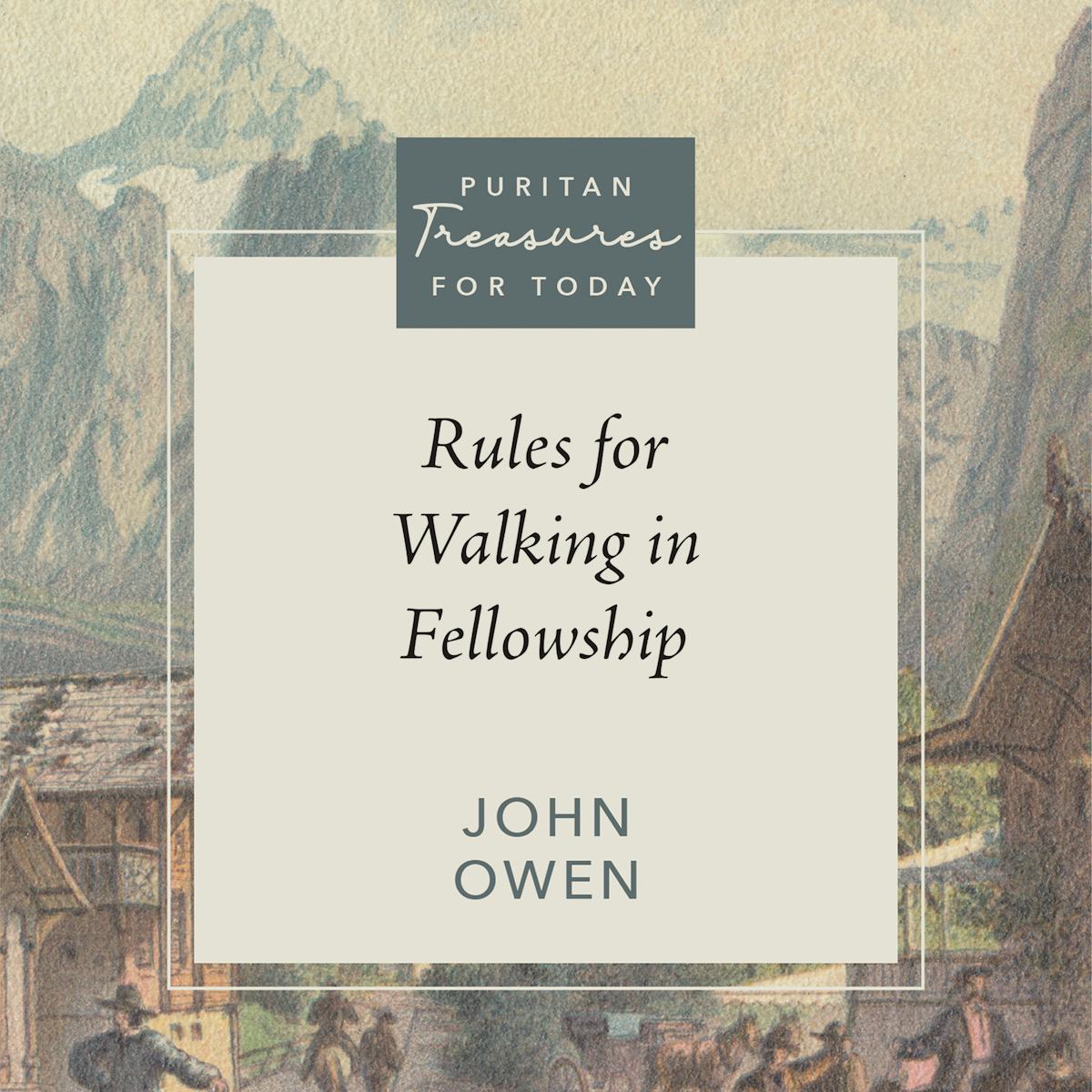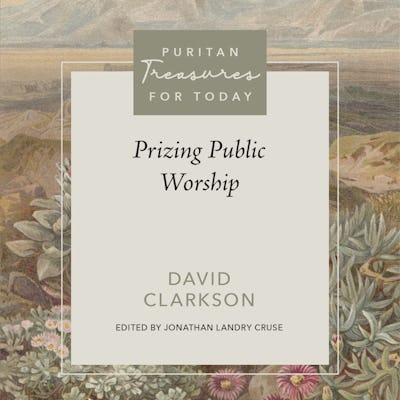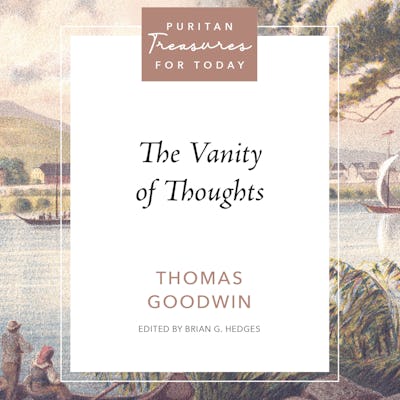
Rules for Walking in Fellowship
(Puritan Treasures for Today)
What good is a church community if it lacks loving fellowship?
In Rules for Walking in Fellowship , John Owen supplies struggling congregations with biblical guidelines for making church life in the present a foretaste of heavenly fellowship to come. He discusses both the responsibilities congregations have toward pastors as well as the duties members have toward one another. Together, Owen presents twenty-four rules for fostering gospel fellowship, supporting them with numerous proof texts, brief explanations, and words of motivation to keep them. His simple approach makes this book ideal for personal or small group study. Here, then, is a collection of indispensable biblical rules that will challenge Christians in any given congregation, of whatever denomination--a little gem that is at the same time doctrinal, practical, and ecumenical.
- Opening Credits
- Preface
- To the Reader
- Part 1 Chapter 1: Attending to the Ordinances Dispensed by Your Pastor
- Chapter 2: Following Your Pastor's Example
- Chapter 3: Praying for Your Pastor
- Chapter 4: Esteeming Your Pastor
- Chapter 5: Paying Your Pastor's Salary
- Chapter 6: Standing by Your Pastor in His Trials
- Chapter 7: Gathering to Worship When Summoned
- Part 2 Chapter 8: Loving One Another
- Chapter 9: Praying for the Church
- Chapter 10: Taking a Stand for the Church
- Chapter 11: Preserving Unity
- Chapter 12: Separating from the World
- Chapter 13: Engaging in Spiritual Conversation
- Chapter 14: Bearing with One Another's Faults
- Chapter 15: Bearing One Another's Burdens
- Chapter 16: Helping the Poor
- Chapter 17: Being Wary of Those Who Divide the Church
- Chapter 18: Sharing the Churh's Lot, No Matter What
- Chapter 19: Associating with the Lowly
- Chapter 20: Praying for the Afflicted
- Chapter 21: Keeping Each Other Accountable
- Chapter 22: Being Holy
- Closing Credits
John Owen
Puritan John Owen held prominent positions as the beloved English leader of the Nonconformist church, a respected theologian, and as academic administrator at the prestigious University of Oxford. Additionally, he temporarily served as a representative in parliament, representing the constituency of the University during the First Protectorate Parliament from 1654 to 1655.
While preaching and political activism were integral parts of his life, Owen is perhaps best known as a prolific author. He enjoyed warm friendships with numerous renowned writers of seventeenth-century England. Among his esteemed companions were notable figures such as John Milton, John Bunyan, and Lucy Hutchinson. Owen actively encouraged his publisher, Nathanial Ponder, to release Bunyan's well-known literary work, Pilgrim's Progress. Notably, Owen provided support to Lucy Hutchinson as she relocated to London, attending his sermons, and diligently translating substantial portions of his renowned work, Theologoumena Pantodapa—a translated version of which has been published under the title Biblical Theology. Owen's correspondence offers glimpses of his compassionate nature and pastoral care, particularly towards grieving mothers mourning the loss of their children.
Prior to Owen's profoundly personal insights, no theologian had ever written clearly about the dynamics of how Christians relate to each divine Person of the Trinity. Owen eloquently articulated the ultimate purpose of the gospel, which is to unveil the Father's boundless love. This love is exemplified through the sending of the Son as the redeemer of His people, who in turn are granted the indwelling of the Spirit, bestowed with spiritual gifts, and unified as a collective whole. Undoubtedly, one of Owen's most revered accomplishments is his work Communion with God.
It is little wonder that one contemporary author and preacher refers to John Owen as “the greatest theologian who has ever written in the English language.”














